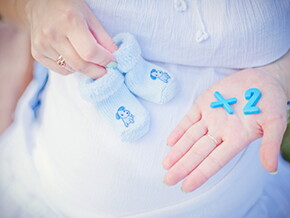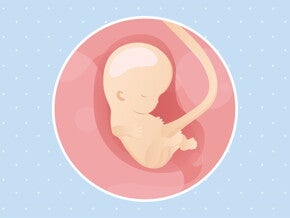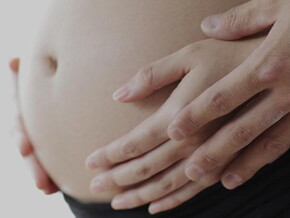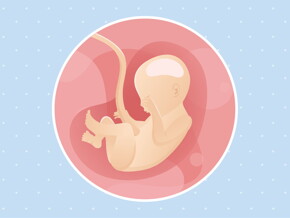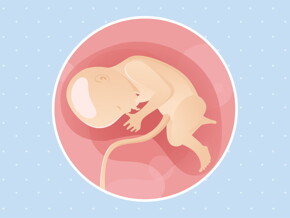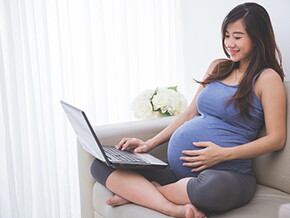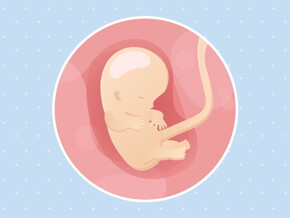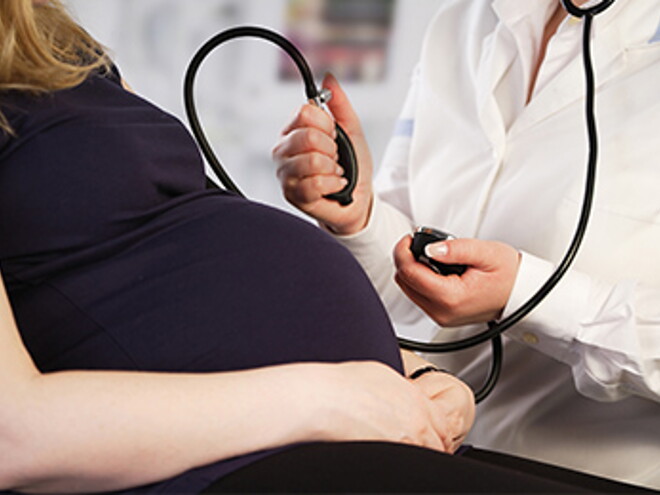
I Have High Blood Pressure - Is This Serious?
Hypertension during pregnancy or pregnancy related hypertension must be carefully monitored. With a strict diet and regular medical checkups, you should be able to avoid complications. Zoom in on the 10 essential points to remember.
1. There are several forms of hypertension.
- If the woman normally suffers from high blood pressure, this will increase during pregnancy.
- The blood pressure may be high during each pregnancy and return to normal afterwards.
- Hypertension manifests itself during the third trimester of the pregnancy (generally during the fifth or sixth month). This form is most likely to lead to complications.
2. Pregnancy related hypertension can be detected by your doctor by simply taking your blood pressure while you are resting. Once hypertension has been diagnosed, both the mother and the baby will not be much at risk, as the pregnancy will be well monitored. Where necessary, the doctor may schedule an additional visit to get a better picture of the situation, taking a blood sample and doing an ultrasound examination and a Doppler scan.
3. Signs indicating possible hypertension are as follows: oedema, headache, dizziness, spots in front of your eyes, ringing in the ears, recent significant weight gain. In most cases, however, hypertension will go unnoticed.
4. Pregnancy-related hypertension most frequently affects young women during their first pregnancy or during a twin pregnancy. Other risk factors to be taken into account: obesity, a personal or family history of hypertension, diabetes, etc.
5. The risks to the baby are as follows: chronic foetal suffering, growth retardation, low birth weight, premature birth. However, when carefully treated, the risks of hypertension can be considerably reduced.
6. Risks for the mother are kidney or liver failure and strokes. If the protein levels in the urine increase along with the sudden appearance of oedema, hypertension is becoming a serious problem known as pre-eclampsia or pregnancy-related toxaemia.
The final stage is eclampsia, a type of violent epileptic fit which may result in a coma. This phenomenon is fortunately very rare today, as hypertension can be carefully monitored.
7. Pregnancy-related hypertension may also cause your doctor to opt for birth by Caesarean section.
8. To prevent complications, it is essential to modify your nutrition, limiting your intake of fats and sugars. If you are overweight, do not hesitate to discuss this with your doctor or to consult a nutritionist, who will be able to advise you. You should also try to drink at least 1.5 litres of water a day (non-carbonated).
9. Complete rest is recommended. Pregnancy-related hypertension may be a reason to stop working.
10. Don't worry! Pregnancy-related hypertension is a well-known phenomenon today, which is thoroughly understood by the medical profession. If you follow your doctor's advice, your pregnancy will pass without worries!

